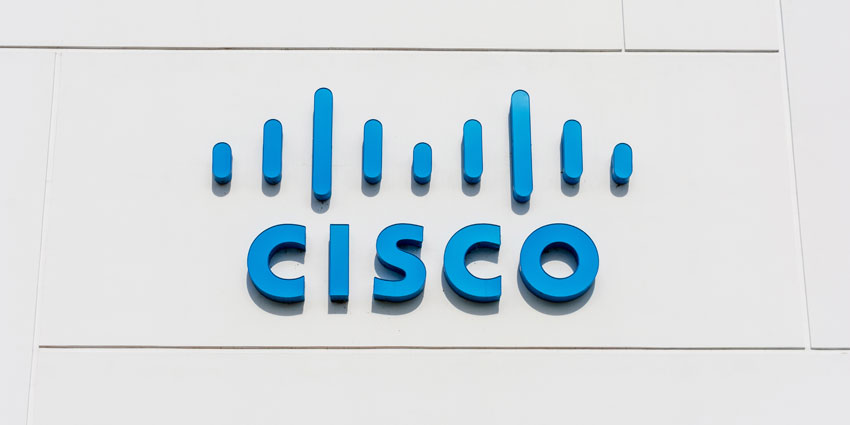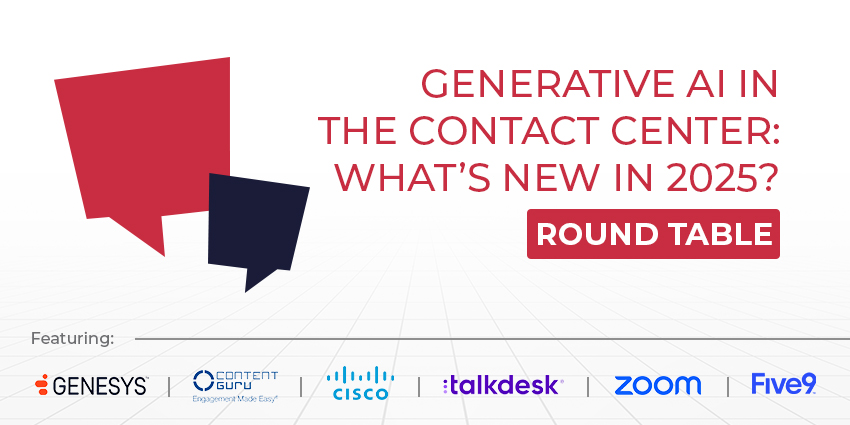Every organisation has its own unique pandemic transformation story. Yet, from overnight shifts to remote work to building parent-friendly policies, one thing every business had in common was the need to rapidly adapt their working practices.
For many customer-centric industries, from travel to hospitality, finance, and more, this need for adaptation was twofold. Beyond the immediate impact on internal teams, these sectors also had to manage a simultaneous increase in customer support requests, as even the best-laid plans had to quickly change. This meant that for many organisations, customer support—and the call centres that enable it—became a critical pillar of their pandemic response.
Jeff Reekers, Chief Marketing Officer of cloud-based voice platform Aircall, joined UC Today to reflect on how the initial pandemic shock has revealed the fundamentals of creating resilient, hybrid-ready customer support practices that prioritise both team and customer experience.
Reimagining the call centre
Reekers’ vision of call centres marks a striking contrast to the outdated idea many of us might have of old office blocks, long rows of desks, and thousands of analogue phones. Likewise, he swiftly rejects the similarly dated notion that call centres are only relevant to the world’s largest organisations.
“Call centres are often associated with only large companies, but Aircall has been designed for businesses with any number of customer service representatives. Our goal is to remove the barriers to setting up an efficient, effective enterprise-grade call centre,” he explains.
In the wake of the pandemic, it’s clearer than ever to Reekers that flexible, agile and remote-ready call centres are a powerful tool for businesses of any shape or size. Yet, as the pandemic revealed, there’s no crystal ball that will highlight exactly when demand for customer support might increase. That’s why Aircall has focused on ensuring its solution can roll out and scale rapidly. “Aircall lets you easily set up a call centre anywhere in the world in minutes, without any IT infrastructure needed. Our solution was born in the cloud, so it was already remote by default—before the world was forced to go remote by default,” Reekers says.
“In practice, that means our partners can onboard teammates seamlessly, gain visibility of real-time analytics and insights into how agents are performing and scale their users independently without contacting Aircall,” he adds.
But for Reekers, the pandemic revealed more than just the importance of speed and scale. It also highlighted the value of the experience for customers and workers and, underpinning that experience, the vital need for empathy.
Building an engaging and satisfying support environment
“Before we had to work remotely, many believed that productivity would go down, but in most companies, we’ve actually seen it increase,” Reekers notes. And it’s this positive upending of expectations that he thinks can provide the key to better remote-friendly work environments.
“We have to move away a little bit from the mindset that we have to be on the floor, keeping an eye on individuals. Remote work companies need to build trust and reassure their teams that they are acting with their best interests in mind,” Reekers goes on.
Reekers’ comments are particularly pertinent at a time in which businesses are experiencing the ‘Great Resignation’, with many countries reporting record job vacancies as millions of people change roles and seek new opportunities.
According to Reekers, giving teams the right tools and technology is key to not only tapping into that remote-work productivity bump but also building satisfying and engaging workplaces that will attract and retain the best talent.
“A solid cloud foundation means that teams can work from any device, anywhere, very flexibly,” he explains. Providing that flexibility that workers appreciate, however, doesn’t have to come at the cost of the traditional benefits of a physical location: “Real-time analytics and insights into your team’s hours of operations and setting up virtual environments for coaching mean it’s easy to provide flexibility without sacrificing support for teams and helping nurture their careers,” Reekers concludes.
Satisfied agents make for satisfied customers
If workers and businesses are rethinking what experience means to them post-pandemic, the same is certainly true of customers. “Customers are now evaluating companies and brands based on the customer experience more than they were before. Creating truly memorable experiences is key to positive brand impact and customer loyalty today,” Reekers explains.
Empathy is the word that Reekers frequently returns to when it comes to both worker and customer experience. “Empathy has become more critical than ever. We need to demonstrate care for the customer, communicating via the channel they want to use. We should never be frustrating them by asking them the same question 15 times, passing them between agents who have no context on what’s come before,” Reekers adds.
For Aircall and Reekers, the sudden shift to remote work back in 2020 may have kick-started a revolution in empathy. Every business, every agent, and every customer could relate to that shared experience and in turn, begin to move forward by bringing more care into their interactions.
“From the start, we’ve believed the reason we exist as a company is to bring empathy into business conversations and to help agents bring empathy to their customers. The way we do that is by providing the technology businesses need to build more engaging, satisfying, hybrid-ready environments. Agents have real-time insights, from AI call suggestions to sentiment analysis at their fingertips, meaning they can focus on delivering a fantastic customer experience,” says Reekers.
With scalable, flexible, remote-ready cloud technology powering contact centres, alongside a renewed drive for fantastic customer and worker experiences, all signs suggest the initial disruption of the pandemic is now making way for a new golden age for customer support.
Find out more about Aircall’s cloud contact centre platform.







